Tax spat spares German trade relations
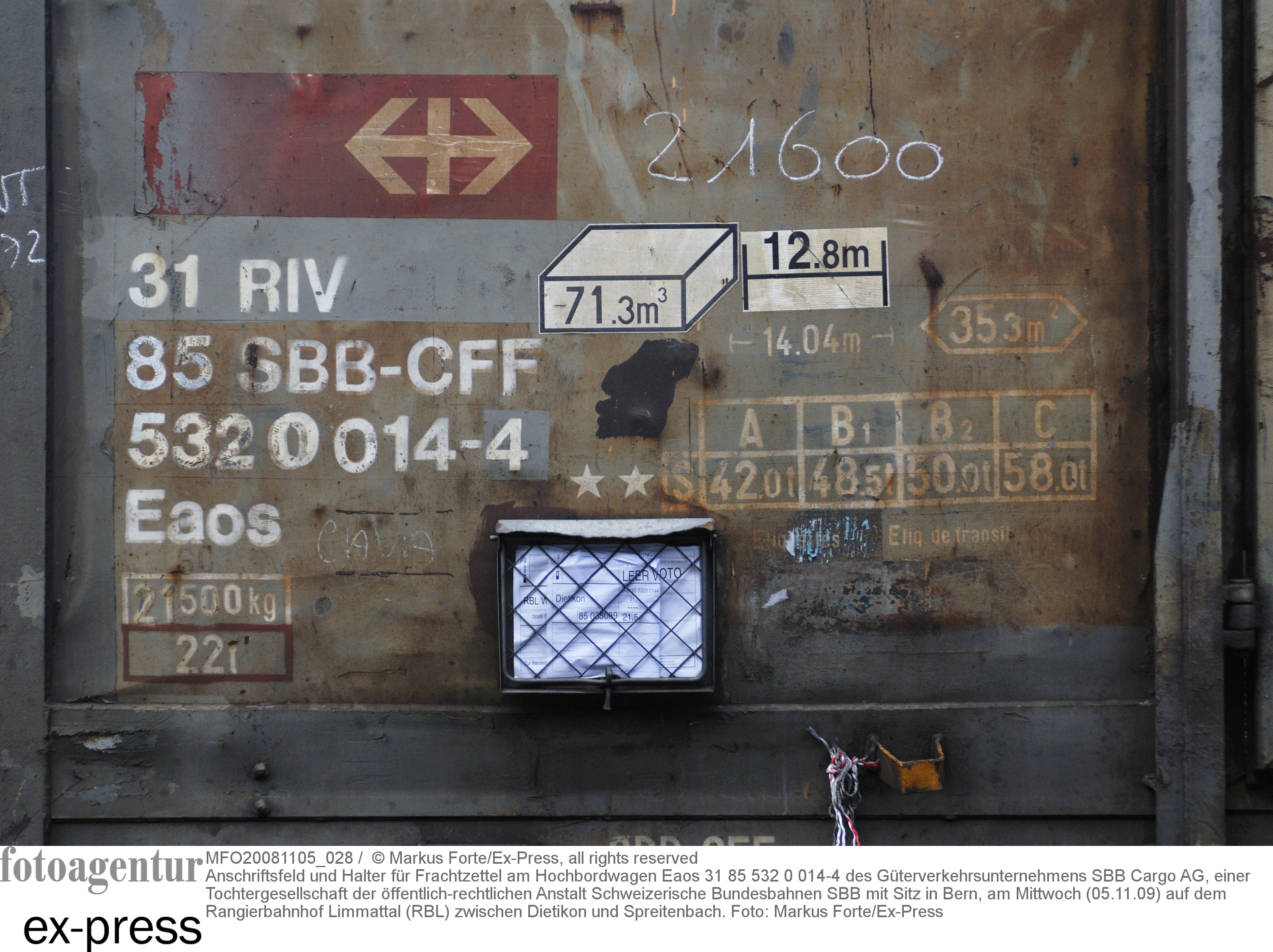
While tempers fray on other issues, the exchange of goods and services between Switzerland and its northern neighbour Germany increased in 2011.
Despite the growing friction surrounding the taxing of German fortunes held in Swiss banks and approach rights to Zurich airport, trade volume continued to grow uninterrupted in 2011.
More than a quarter of Switzerland’s total international trade is with Germany: SFr98.6 billion ($107.5 billion) of SFr372 billion. This is up from SFr95 billion in 2010, despite the weak economy.
Imports are triple and exports double those with Italy, Switzerland’s second-largest trade partner.
While the finance minister of German state Baden-Württemberg threatens Swiss banks following the Swiss decision to issue arrest warrants for three German tax inspectors, Baden-Württemberg alone is responsible for a third of German-Swiss trade volume – some SFr33 billion.
And the state of North Rhine-Westphalia, whose finance minister still talks of buying more CDs with data of tax evaders to help plug a financial hole estimated at SFr150 billion, makes up 12 per cent of trade.
Direct Swiss investment in these two states alone amounts to several dozen billion francs, not to mention tens of thousands of jobs in Swiss companies.
“While Swiss exports to Germany increased by 5.7 per cent in 2011, they fell to France and Britain by 4.9 per cent and 9.1 per cent respectively,” said Ralf Bopp, head of the German-Swiss chamber of commerce.
Bapp pointed out that when considering this positive figure one needs to bear in mind the exchange rate with the euro, which in 2007 was worth SFr1.64 and is now SFr1.20.
“Significant pressure”
Eric Sarasin, president of the chamber of commerce, said the good Swiss export results had also been bought with price concessions – “a problem that is not to be underestimated despite not making as many headlines at the moment”.
The chamber of commerce surveyed its members about the exchange rate issue and discovered that 80 per cent of companies said they had felt “significant pressure” on their competitive position.
Nevertheless, 80 per cent of respondents also thought their exports to Germany would not deteriorate in the current year.
The exchange rate issue stood out most with tourism. Whereas in 2011 German tourists generated 10.5 per cent fewer overnight stays in Switzerland (5.2 million), Swiss overnights in Germany rose by 13.8 per cent to 4.8 million.
Direct investment
In 2011, the Swiss not only exported more to Germany and stayed there more often, they also directly invested a lot more, in other words, purchased business-related properties and assets.
At the end of 2011, Swiss investment in Germany was a not inconsiderable €31.7 billion (SFr38 billion), making Switzerland the seventh-largest investor in Germany. In comparison, Italy and the United States each invest €36 billion in Germany.
Swiss firms own 1,552 companies in Germany with 344,000 staff and an annual turnover of €117 billion.
While overall net migration to Switzerland at three per cent had grown slightly again, the net figure with Germany slowed from 5.5 per cent in 2010 to 4.8 per cent. In 2011, only every fourth immigrant was German – in 2008 it was almost every other immigrant.
Integration
The number of Germans who crossed the Swiss border to live grew in 2011 by almost ten per cent to 54,500. This growth reflected the healthy economy, according to Daniel Heuer, deputy director of the German-Swiss chamber of commerce.
“In particular unemployment stayed low in Switzerland despite the arrival of foreign labour,” he said.
In 2011, a total of 8,517 Swiss moved abroad. Germany alone is home to 79,000 Swiss, most of whom have dual nationality.
The growth in the number of Swiss emigrating to Germany has for years been above that for Swiss moving to other European countries.
“This also says a lot for the very intensive integration of the two countries, which in addition to goods, services and investment increasingly includes people,” Heuer said.
Swiss exports to Germany reached SFr39.9 billion (+5.7%) in 2011 while imports amounted to SFr58.6 billion (+2.4%).
The German share of imports to Switzerland was 33.7% while one fifth of Switzerland’s 2011 exports went to Germany.
Swiss direct investment in Germany was worth €31.7 billion in 2009.
German direct investment in Switzerland reached €35.3 billion in 2009.
The Swiss-German tax accord, which has not yet been ratified by both parliaments, has been under threat after German opposition parties said it was too soft on tax evaders who had stashed an estimated SFr150 billion ($163 billion) in secret accounts.
Under the accord, to be effective from next year, existing funds in Swiss banks will be taxed at a rate of between 21% and 41%, based on how long the money has been stashed away and the rate of capital gains.
Future investment income and capital gains will be taxed at 26.4%. However the states have stated they want that rate to be 35%, comparable with German levels.
Swiss banks will pay SFr2 billion up front to Germany within 25 days of the deal being ratified. A provision prevents tax dodgers from moving their funds to another safe haven.
(Translated from German by Thomas Stephens)

In compliance with the JTI standards
More: SWI swissinfo.ch certified by the Journalism Trust Initiative
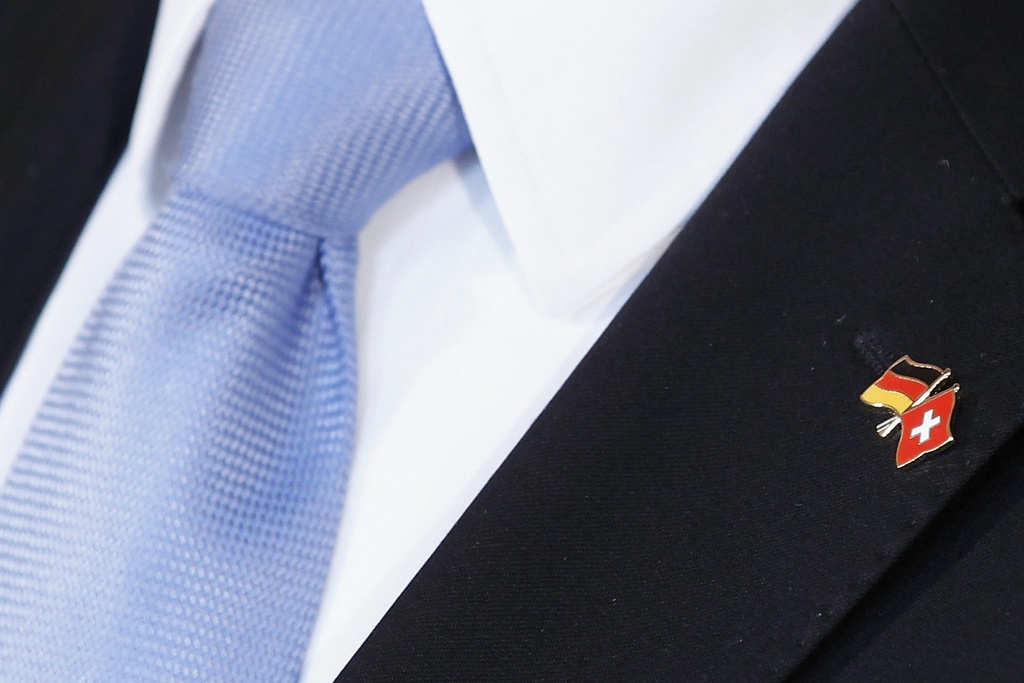
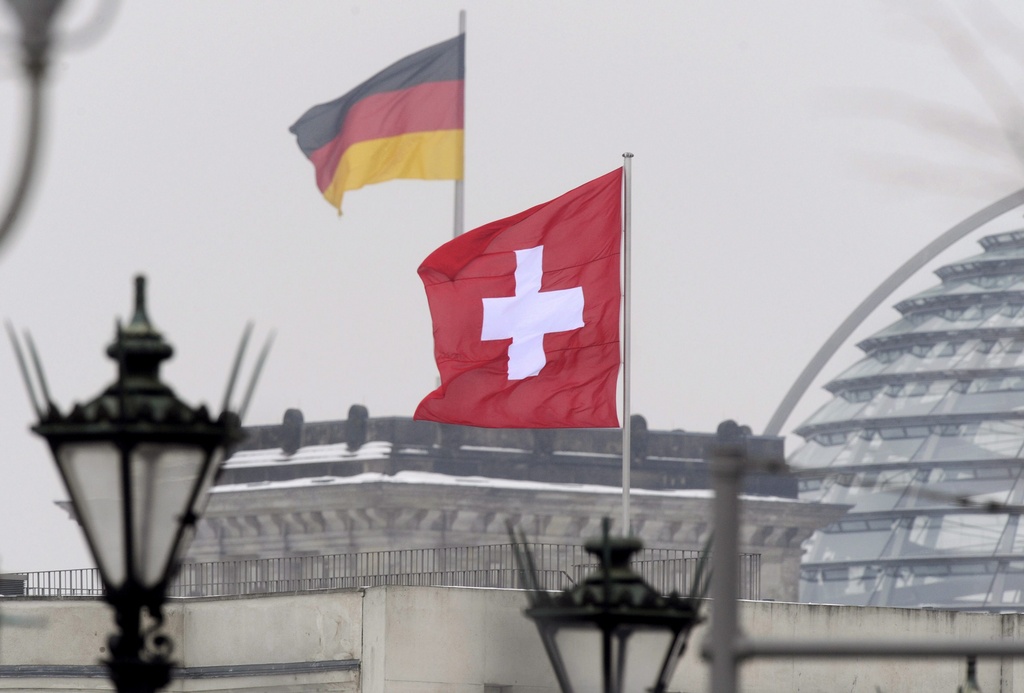
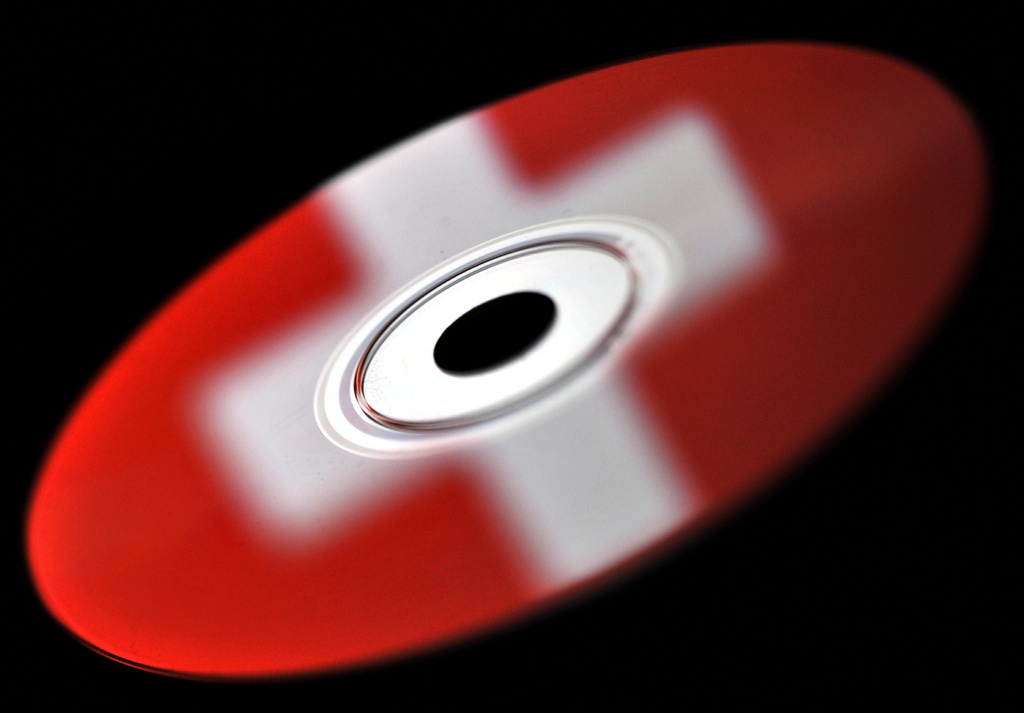

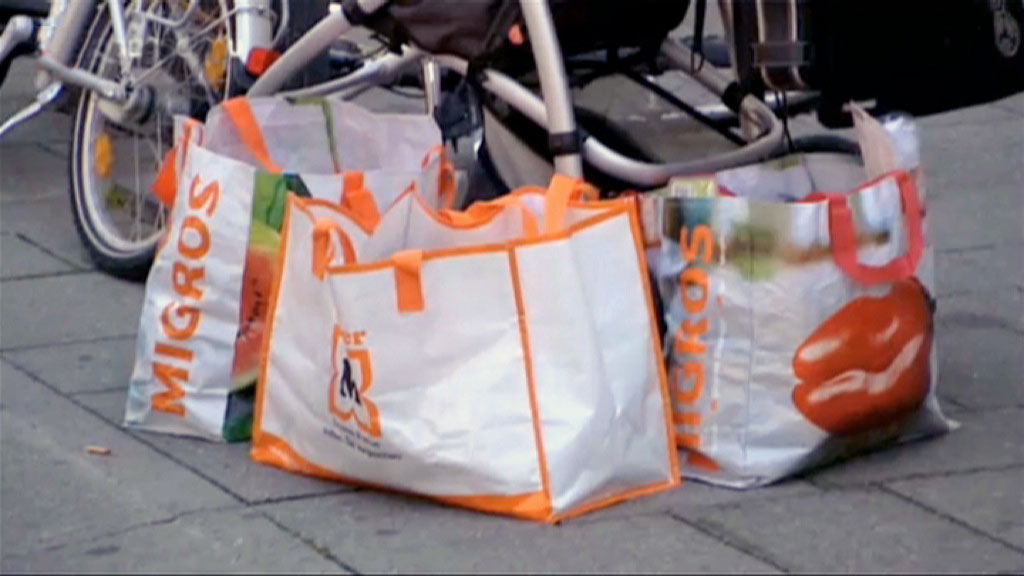
You can find an overview of ongoing debates with our journalists here. Please join us!
If you want to start a conversation about a topic raised in this article or want to report factual errors, email us at english@swissinfo.ch.